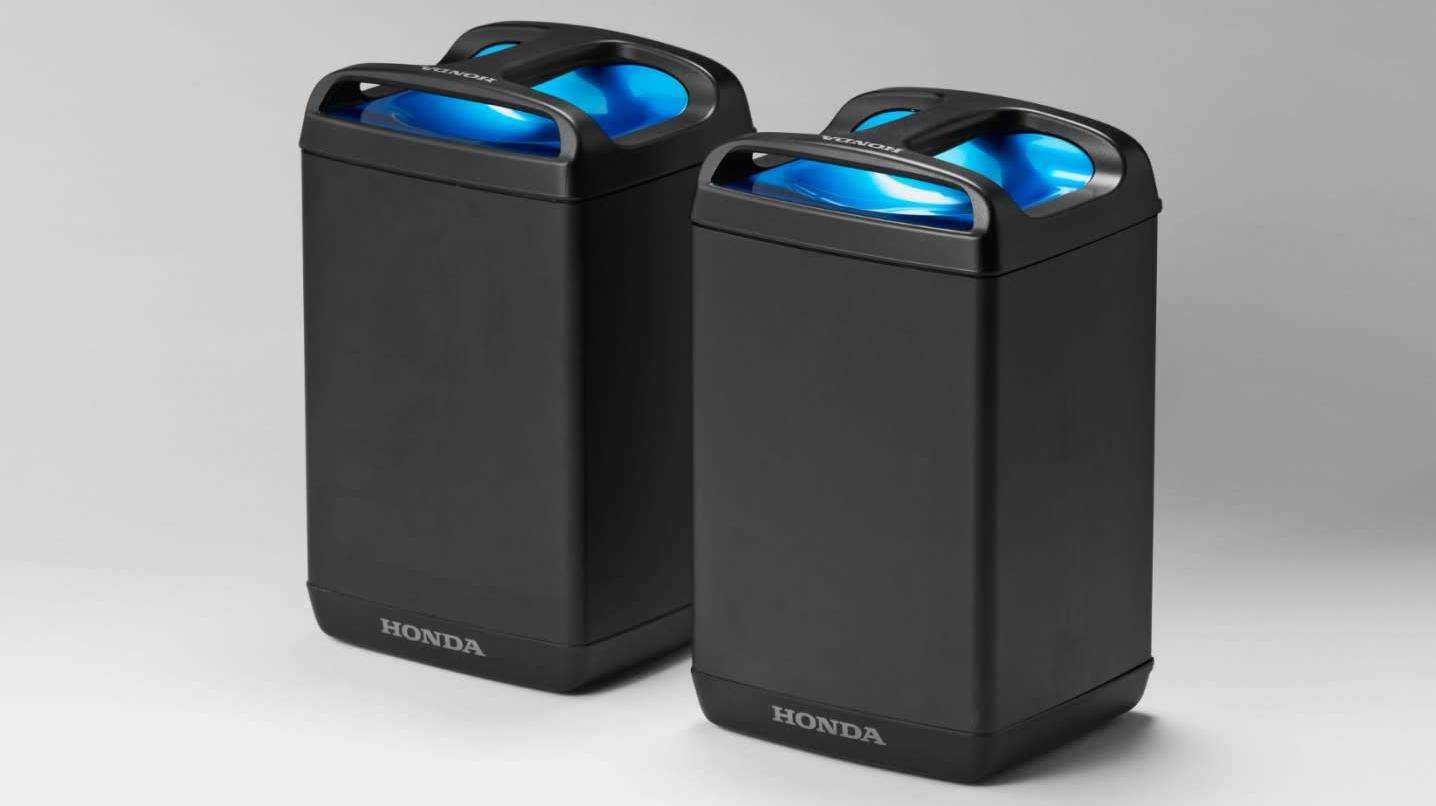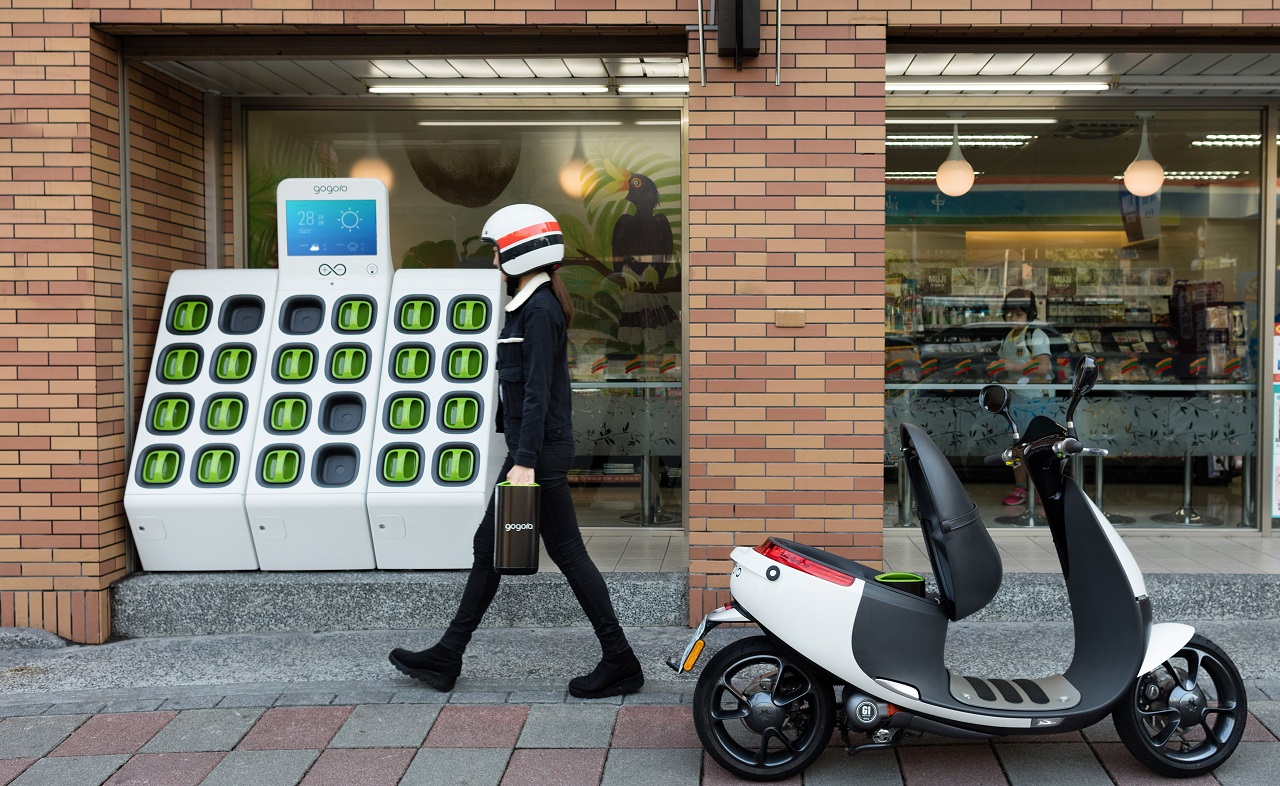Honda, Yamaha, KTM, And Piaggio Are Working Together On Standardized Swappable Electric Motorcycle Batteries
On Monday Honda, Yamaha, KTM, and Piaggio all signed a letter of intent to set up a swappable batteries consortium for motorcycles and light electric vehicles. The point of this collaboration is to promote the widespread use of light EVs and increase the sustainability of battery lifecycles while making range longer, deleting the inconvenience of charging times, and decreasing infrastructure costs. The hope here is that consumers will be more interested in electric vehicles if most of their concerns are taken care of.
The consortium will define a standard technical specification for swappable battery systems to fit lightweight vehicles like scooters, motorcycles, tricycles, and quadricycles. Such a standardization will decrease development costs, open the market to greater EV options. Imagine puttering up to a battery swap station, yoinking your battery out of your scooter, plopping it in the charger, and pulling a freshie out of the machine. You'd be on your merry way in just a few minutes with a full tank. It's probably even quicker than paying for a tank of gas! Gogoro, a scooter battery-swapping company in Taiwan, claims it can be done in six seconds.
Obviously these companies aren't the first to think of such an idea, as Gogoro has something like 2000 stations in Taiwan dedicated to that very idea, though they only work on scooters built with this battery structure in mind. Honda's PCX electric scooter has swappable batteries, as do some of the smaller Zero motorcycles, though both are proprietary, and neither have swapping station infrastructure.
The group will begin working together in May of this year toward this goal. Interestingly, a similar consortium was assembled from Japan's big four—Honda, Yamaha, Kawasaki, and Suzuki—in mid-2019 but nothing ever came from it. Yamaha actually worked with Gogoro to develop something similar for global consumption in 2018, but it still hasn't expanded beyond the borders of Taiwan.
Noriaki Abe, Managing Officer, Motorcycle Operations, Honda:
"The worldwide electrification effort to reduce CO2 on a global scale is accelerating, especially in Europe. For the widespread adoption of electric motorcycles, problems such as travel distance and charging times need to be addressed, and swappable batteries are a promising solution. Considering customer convenience, standardization of swappable batteries and wide adoption of battery systems is vital, which is why the four member manufacturers agreed to form the Consortium.
Honda views improving the customers' usage environment as an area to explore cooperation with other manufacturers, while bringing better products and services to customers through competition. Honda will work hard on both fronts to be the 'chosen' manufacturer for customer mobility."

